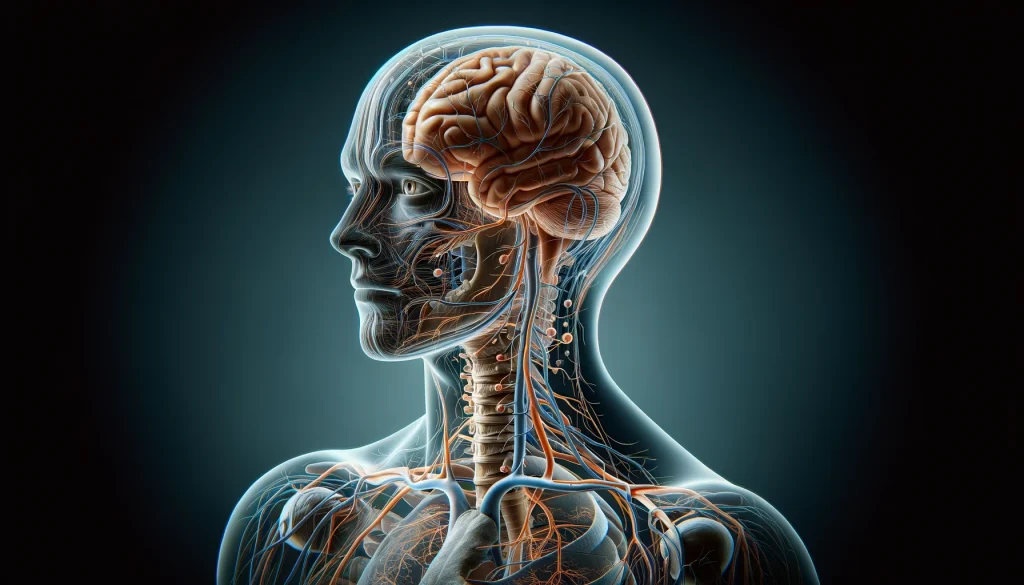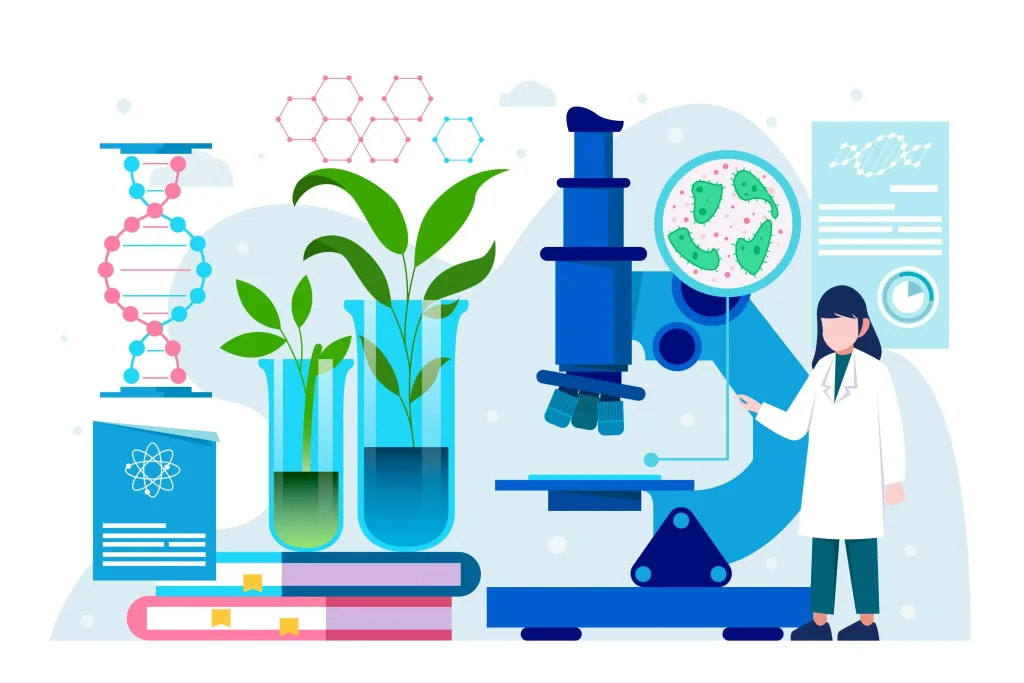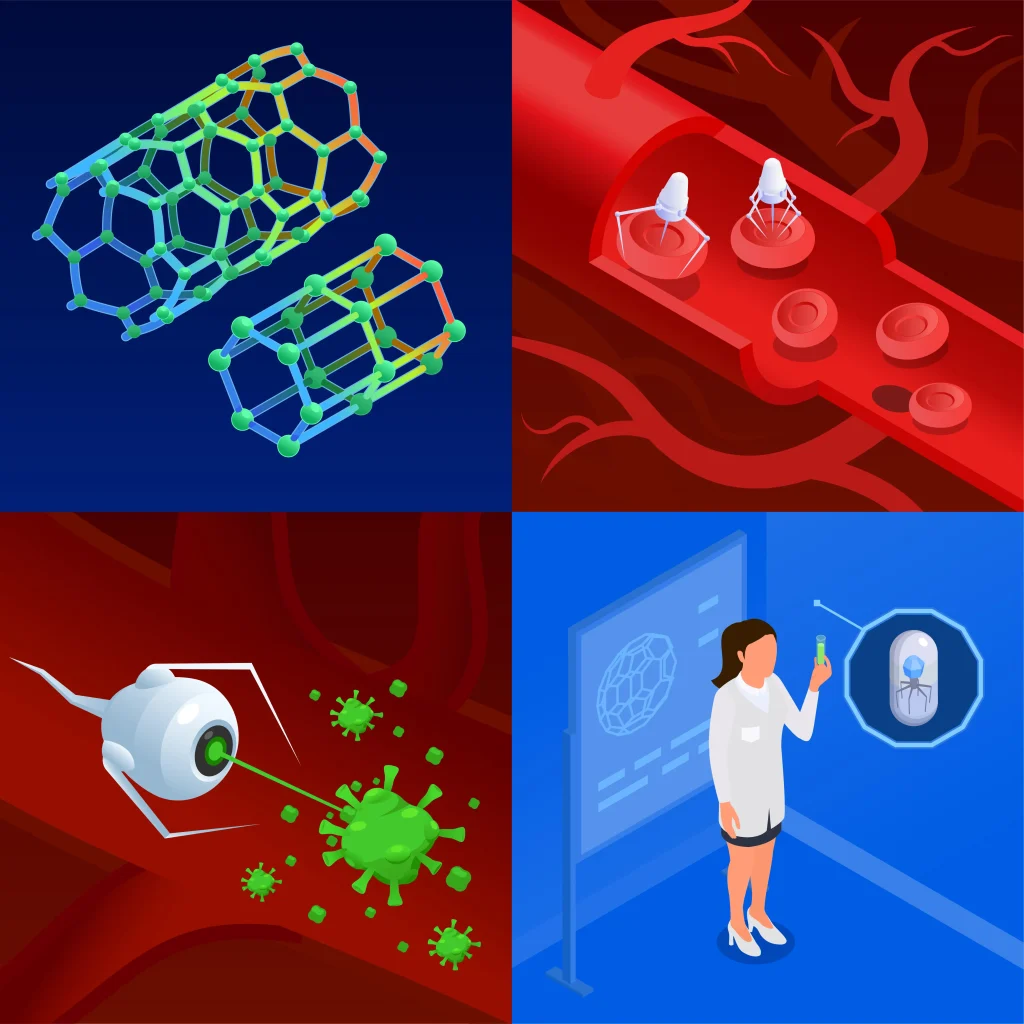Carbohydrate Metabolism & Biological Oxidation Notes
Buy Premium
Get The High-Quality Pdf Notes on App
Carbohydrate metabolism
- Carbohydrate metabolism: Key Stages
- Glycolysis – Pathway, energetics, and significance
- Gluconeogenesis- Pathway and its significance
- Citric acid cycle- Pathway, energetics and significance
- HMP shunt and its significance
- Glucose-6-Phosphate dehydrogenase (G6PD) deficiency
- Glycogen metabolism Pathways and glycogen storage diseases (GSD)
- Hormonal regulation of blood glucose level and Diabetes mellitus
Biological oxidation
- Introduction: Biological oxidation
- Electron transport chain (ETC) and its mechanism
- Oxidative phosphorylation & its mechanism
- Substrate level phosphorylation
- Inhibitors of the Electron Transport Chain (ETC)
- Oxidative Phosphorylation & Uncouplers
Other Units of Biochemistry
Biochemistry
Other Subjects of B Pharmacy 2nd Semester
Topic wise notes of:
Human Anatomy & Physiology II
- Nervous system U-1
- Digestive system & Energetics U-2
- Respiratory & Urinary system U-3
- Endocrine System U-4
- Reproductive System U-5
Topic wise notes of:
Pathophysiology
- Cell injury, Inflammation U-1
- Cardiovascular, Renal System U-2
- Haematological Diseases U-3
- Cancer & Bones Diseases U-4
- Sexually Transmitted Diseases U-5
Carbohydrate Metabolism and Biological Oxidation – Summary
Unit II covers essential pathways of carbohydrate metabolism and the process of biological oxidation, which are central to energy production in the body. It begins with an in-depth look at glycolysis, detailing its pathway, energy yield, and metabolic significance. This is followed by the citric acid cycle (Krebs cycle), which further breaks down products of glycolysis to produce ATP, NADH, and FADH₂.
The unit also explores the Hexose Monophosphate (HMP) shunt, emphasizing its role in NADPH production and cellular protection against oxidative stress. The clinical relevance of Glucose-6-Phosphate Dehydrogenase (G6PD) deficiency is discussed as a related metabolic disorder. Glycogen metabolism, including its synthesis and breakdown pathways, is explained alongside glycogen storage diseases (GSDs).
Further, the unit explains gluconeogenesis, the process of glucose synthesis from non-carbohydrate sources, highlighting its importance during fasting. It also examines the hormonal regulation of blood glucose, focusing on insulin, glucagon, and the pathophysiology of diabetes mellitus.
In the biological oxidation section, the electron transport chain (ETC) and oxidative phosphorylation are discussed in detail, along with substrate-level phosphorylation. The unit concludes with insights into ETC inhibitors and uncouplers, which impact energy production and cellular respiration.
At FirstHope, we provide BPharm notes semester that are topic-wise, easy to understand, and designed strictly as per the AKTU and Other Universities, hence designed according to PCI syllabus.
Thank you for reading from Firsthope's notes, don't forget to check YouTube videos!



